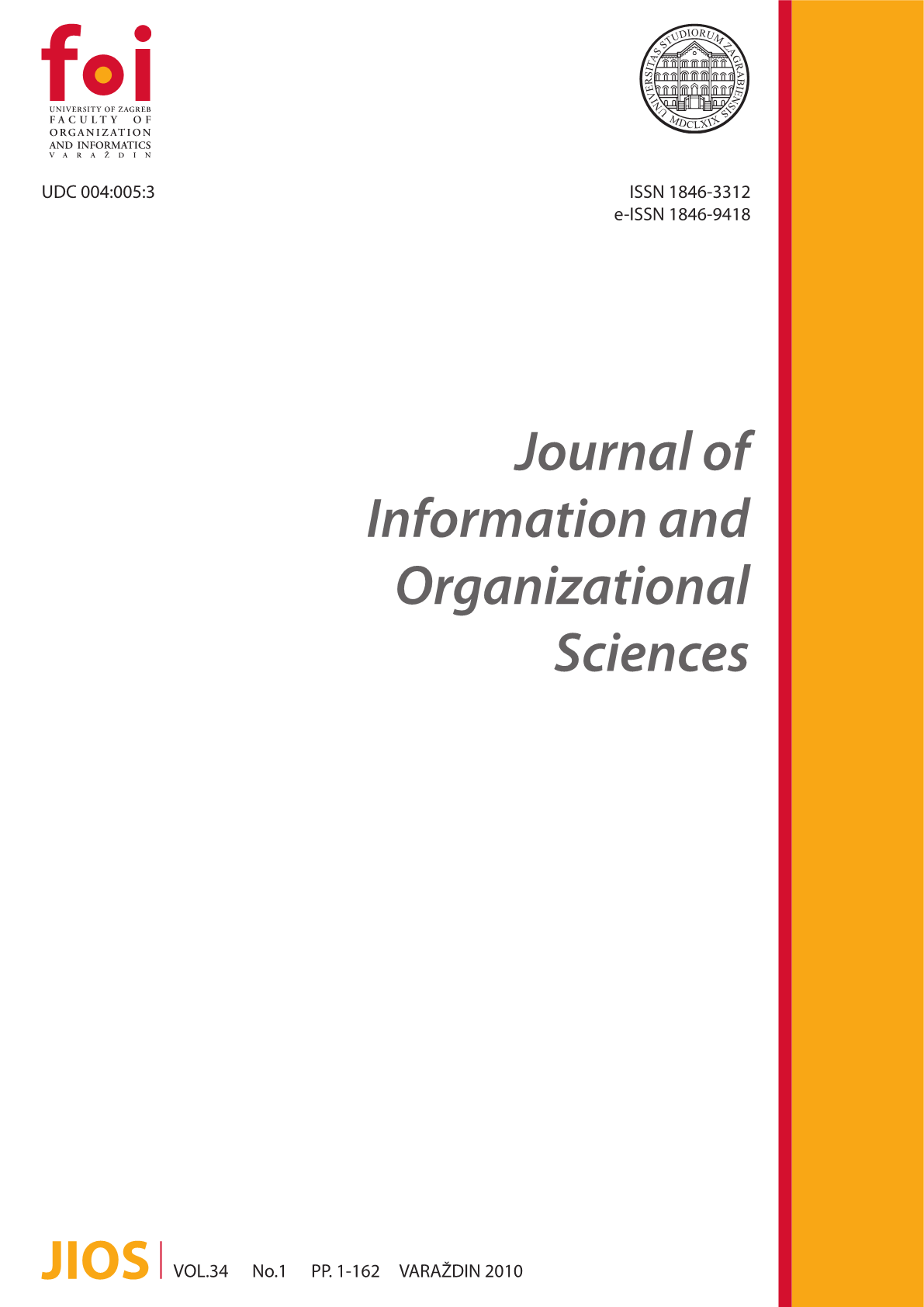Social network analysis of study environment
Social network analysis of study environment
Author(s): Blaženka Divjak, Petra PehardaSubject(s): ICT Information and Communications Technologies
Published by: Fakultet organizacije i informatike, Sveučilište u Zagrebu
Keywords: social network analysis; academic performance; teamwork;
Summary/Abstract: Student working environment influences student learning and achievement level. In this respect social aspects of students’ formal and non-formal learning play special role in learning environment. The main research problem of this paper is to find out if students' academic performance influences their position in different students' social networks. Further, there is a need to identify other predictors of this position. In the process of problem solving we use the Social Network Analysis (SNA) that is based on the data we collected from the students at the Faculty of Organization and Informatics, University of Zagreb. There are two data samples: in the basic sample N=27 and in the extended sample N=52. We collected data on social-demographic position, academic performance, learning and motivation styles, student status (full-time/part-time), attitudes towards individual and teamwork as well as informal cooperation. Afterwards five different networks (exchange of learning materials, teamwork, informal communication, basic and aggregated social network) were constructed. These networks were analyzed with different metrics and the most important were betweenness, closeness and degree centrality. The main result is, firstly, that the position in a social network cannot be forecast only by academic success and, secondly, that part-time students tend to form separate groups that are poorly connected with full-time students. In general, position of a student in social networks in study environment can influence student learning as well as her/his future employability and therefore it is worthwhile to be investigated.
Journal: Journal of Information and Organizational Sciences
- Issue Year: 34/2010
- Issue No: 1
- Page Range: 67-80
- Page Count: 14
- Language: English

